
FREDDIE'S CORNER
06-05-2024 by Freddie del Curatolo

v to visit one of the few thousand-year-old baobabs that still inhabit this land or, at the very most, if you see a very large one during one of your excursions, ask to be allowed to stop in its presence. Look at it all over, explore its lived-in bark, the cracks and patterns that have been created over the centuries, observe the majesty of its roots, the impressiveness of its branches, the crevices and knots.
Some are concave and hide secrets, they are either shelters for animals or even men, entire families, or water reservoirs or storerooms for comforts.
Look for an elderly person in the area and ask him to tell you his story, because every centuries-old baobab tree has a history, a legend and a name that identifies it with it. At the foot of that tree, rituals of rain, fertility, communions with nature and between human beings have taken place, decisions have been made and people have been tried.
Under that baobab tree, people have sheltered from the rain and sung songs that children have learnt from their grandparents and then taught to their grandchildren. That baobab offered refreshment in times of drought and famine, the vitamin powder of its fruit saved children from childhood illnesses, gave them the strength to walk and go to school when their parents had nothing to feed them.
When you are in Kenya, visit a baobab tree, you will find the story of Africa.
Do it now, because soon, thanking those who are convinced that a concrete wall or a wad of banknotes is more valuable than a baobab, you may not find many more.


The world begins to discover the amazing properties of the African tree par excellence, the baobab.
The thousand-year-old ...
ENVIRONMENT
by Freddie del Curatolo
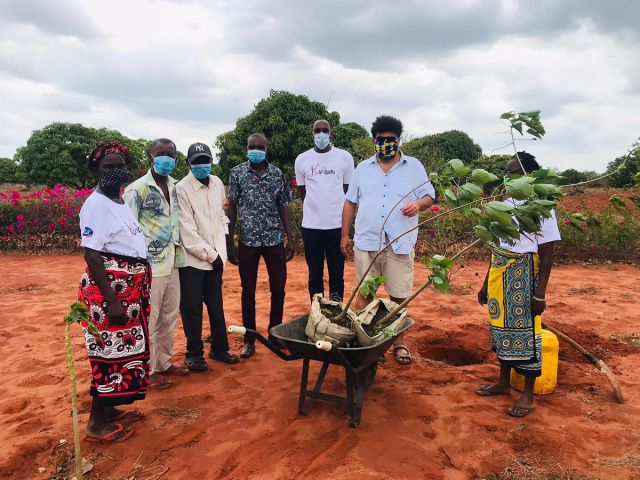
It was a day of great symbolic value for an entire community in one of the most densely populated...
NEWS
by redazione

A sigh of relief for the many Malindians who still believe in legends and who do not want baobabs, representing the souls of dear dead, to be cut off.
Malindi's "talking" baobab, Mbuyu Wa Kusema, will not be cut to...
FREDDIE'S CORNER
by Freddie del Curatolo
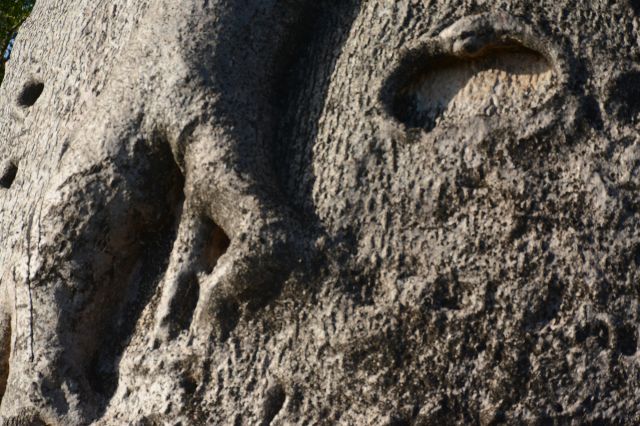
Western man is a peculiar animal, because he is capable of not believing what he...
ENVIRONMENT
by Leni Frau

Perhaps we have not struggled in vain. And we are not just talking about us, small and uninfluential foreign...
SAD STORY
by Freddie del Curatolo

If, as the Malian writer and philosopher Amadou Hampatè Ba said, 'In Africa, every old...
NEWS
by Freddie del Curatolo
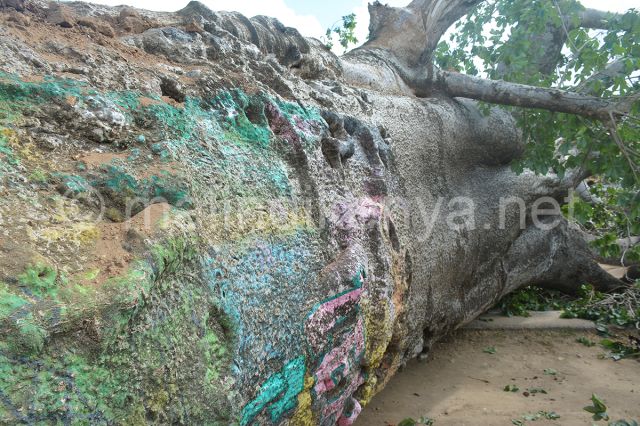
Kenya's baobabs are inevitably destined to disappear unless the new government takes timely and necessary countermeasures...
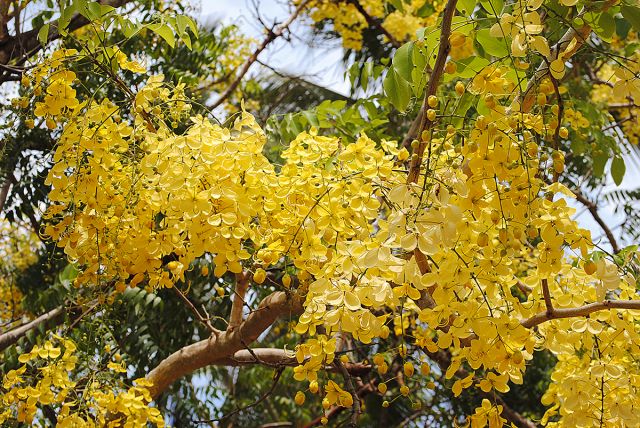
NEWS
by redazione
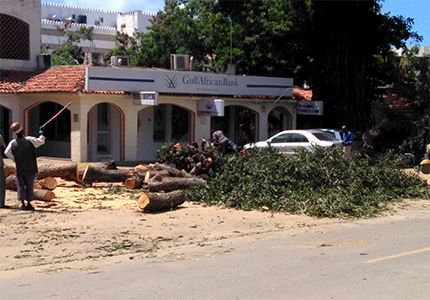
The justification is always the same: the old tree was sick and long-suffering, and it was necessary to break it down.
Certainly, cement-coated is also easier than suffering, in any case progress is also being made by these position cues.
NEWS
by redazione

We are confident that Kenya's baobabs and neems have also cried the disappearance of Maurice Méssegué, the "daddy of plants" as was universally appealed.
The great French naturalist, writer and phytotherapist turned 95 in France, but left a great legacy...
STORIES
by Freddie del Curatolo
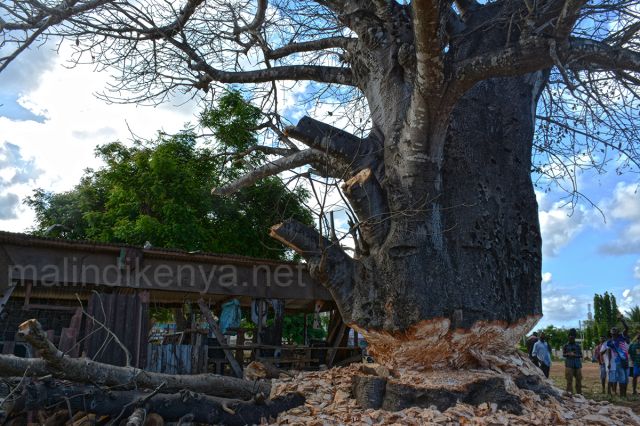
On the coast of Kenya there is a silent, daily crime that does not concern mankind and is not linked to any...
ENVIRONMENT
by Freddie del Curatolo

That we wouldn't make it was almost written.
Only a...
EVENTS
by redazione

Those who believe that Santa Claus does not like to come to Africa, perhaps because of ...